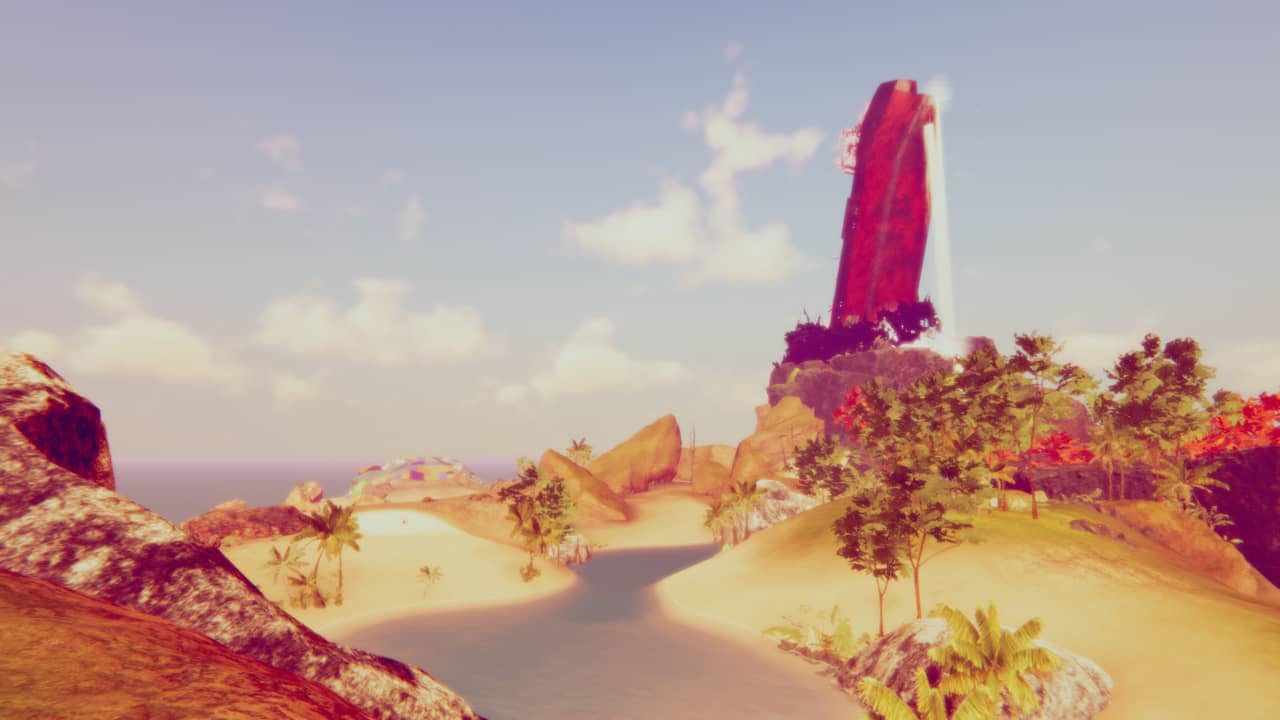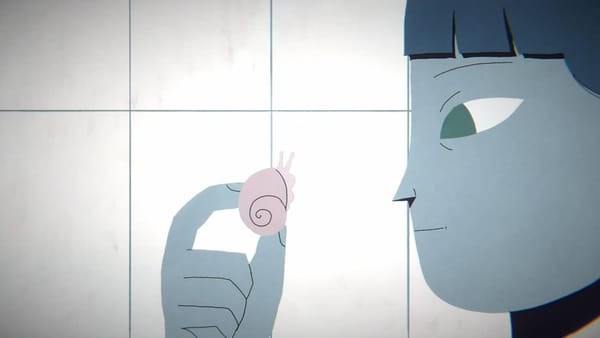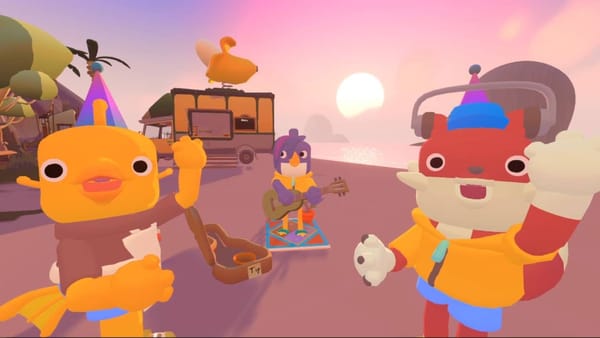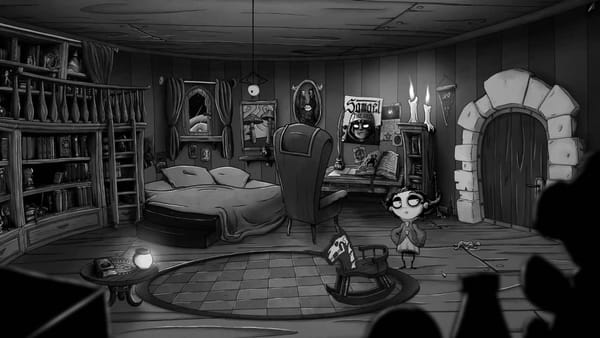Whether we like it or not, everything dies, and there’s not much we can do about it; it’s a fact of life. And as hard as that is to accept, life is a funny old thing that can be taken away at any time. While Lost At Sea covers these topics, it never feels as melancholy as the tone would suggest.
First impressions of the demo during the Steam Next Fest were good. Re-reading through the post, the sentiment rings true as this feels very much like a lucid dream, and though we’re exploring death, it’s through memories and coming to terms with what life throws at us. By the time I finished Lost At Sea, I was feeling pretty humbled.
You play Anna and her journey on a mysterious island that retains her memories. Without giving away too much and apologies if anything slips out, Anna will explore sections of the island that represent a stage in her life. Each stage will house four puzzles, and, once completed, will unlock a pathway to the peak of the island.
Starting with the first area, mainly because this has already been showcased in the playthrough of the demo, you have to locate four items to recall a vital memory related to childhood. Each memory is a ghost-like image, and your job is to fill that space by collecting the item.

Anna will deliver the start of the memory, and then once you locate the missing piece, the conclusion will follow along with a brief animatic. So, how do you retrieve these fragments? Pressing the right mouse button will bring up a compass that will indicate where to find the item, and once you solve the problem, you return to set it in place. Not registering until about two-thirds of the way in, you can scroll through the items and essentially collect all four on one given run.
The island is free reign in Lost At Sea. While you can’t die, if you fall from a great height, you will respawn, but more importantly, an ominous shadow, similar to The Darkness, will appear, forcing the day to shift to nighttime, and if you’re caught, you’ll respawn. This can be a little unpredictable and equally frustrating as Anna doesn’t move that fast, and having to repeat the same thing pushed my buttons a couple of times.
As a story device, this represents Anna’s fears and is integral to the narrative, but as for gameplay, well, it is a tad annoying at times. Besides running across the area of the island, the core gameplay in Lost At Sea is problem-solving. The actual puzzles aren’t complex – the challenge is working out what you need to do – primarily through trial and error.
One such puzzle was escorting a ball of light to its destination and not knowing what was expected of me. With the puzzle resetting each time, you steadily decipher what’s needed, such as a game of musical chairs or an abstract dinner party. For the most part, collecting a lot of the fragments is straightforward. The hook here is storytelling.

Anna’s voice is a little too softly spoken at times, so the subtitles help if you miss anything. Considering what she goes through, it’s a surprise that she’s keeping it together. But she’s a great protagonist and a true hero. Forget the superhero cape cliche; this woman makes many sacrifices for others, and I’m sure we all have someone in our life like this – she’s relatable and, given the tone of what unfolds, handles the cards that life deals her with a stoic attitude. Whether or not you remember her much after playing is irrelevant; the point is that she’s a compelling character to uncover.
Visually, Lost At Sea is excellent. Studio Fizbin has a knack for presentation and tries something different with their titles (compare it to Say No! More…). The lighting and colours used in the game – notably the foliage-are wonderful and have natural warmth. It reminds me a little of publisher Headup Games’ other first-person title, The Fabled Woods, only with a bit more freedom of movement. The sea sequence, in particular, was brilliant and I would have liked to have been lost at sea for a few minutes more.
It didn’t take long to finish the game – a few hours, if anything – but it was time well spent and time I would happily invest in again. There isn’t any incentive to replay in terms of achievements, as you’re awarded one for every puzzle, though I missed out on the last one in my first playthrough. Still, it’s better to replay a game based on the gameplay rather than trophy hunting, right? Whatever floats your boat.
As for Lost At Sea, it’s a poignant tale featuring a remarkable protagonist. The core events that take place in her story are life-changing, and the subject matter is thought-provoking. Would you handle things the same way she did, or would you give up? Regardless, once you’ve played the game and understand what happens, it’s not something anybody should have to experience. Still, with the nature of experiencing as a game, it’s an interesting, thoughtful premise worth getting lost in.










